|
When Tragedy Struck Denver’s Jewish Community Sadly, tragedy struck Denver's Jewish community when five criminals went on a crime spree in August, 2021 and murdered a 19 year-old student from Cleveland who was studying at Denver's premier Jewish learning institution.
We often hear people send "praying for you" wishes, which are always welcome, but this essay dives into why we must not forget action to accompany our prayers. This approach is fundamental to Jewish teachings.
0 Comments
Don’t wait until something happens to you This essay explores how we can change the way we care about others’ tragedies. Change the way we practice empathy when someone else cries out in pain. Let’s give some urgency to the challenges confronted by others and their families. We can take more seriously when someone says they are being treated unfairly.
In the aftermath of a horrific criminal murder at my son's Jewish school in Denver, Colorado, it's time we start figuring out empathy. We can't afford to wait until something happens to us to start caring about others. Beauty, Lessons, Challenges and Repair I wasn’t sure what to expect when I landed in the Rwandan capital city of Kigali. I was visiting East Africa as part of Africa Development Promise’s program to support women-owned farming cooperatives.
I had done my fair share of reading about various parts of Africa over the years and certainly didn’t have a monolithic view of the continent. But you can’t grow up in a western country without having at least some unconscious bias about the continent being “backwards.” It’s not like I thought of countries as “shitholes” or anything, but I still approached my trip with a combination of excitement and apprehension. This piece explores my travels to Rwanda, Ethiopia and Uganda and what lessons we can learn from the beautiful continent of Africa. A stranger complimented us by saying we should teach a co-parenting class after divorce Well-known contemporary spiritual leader Rabbi Yosef Jacobson once remarked, “When a child gets angry with a parent and says, ‘I don’t want to speak to you ever again,’ two hours later the kid is having ice cream with them. When an adult says they won’t speak to you again, twenty years later, they’re still not invited to the wedding of their adult children.” Why? asks Rabbi Jacobson. Because children choose to be happy. Adults choose to be right.
This essay explores how we can raise beautiful children, even after divorce, while putting our adult egos aside. Why everyone's so scared A primary tenet of critical race theory is the oft-ignored reality that racism is ordinary and normative. It’s not a few nut cases. It’s not aberrational. It’s not individualized. It’s you. It’s me. It’s our systems. It’s part and parcel of society. Racism, according to CRT, is deeply part of our American psyche, affecting all of us. The result, which is why so many are in uproar, is that every person would not only need to critically examine the country we were taught was the champion of freedom. But that we must look inside ourselves. At our biases. Our attitudes. Our behaviors. This essay explores CRT in an intellectually honest manner and outside of the extremes and distractions. The stars and stripes of racism  Independence Day for me as a kid was always a joyous occasion. Beautiful red, white, and blue flags everywhere. Burgers and hot dogs. Lighting sparklers. Sitting on blankets in a field watching fireworks. Columbus Clippers baseball games.
But for some people, it wasn't all picnics and barbecues. This essay delves into systemic racism and how we can begin to heal. How to use personal trauma to practice empathy of others Most of us, Black or white, have experienced some trauma in life. Whether it’s an awful childhood, a bad parent, an abusive partner. Severe financial hardship or divorce. Disability. A scary illness. Yelling and screaming in the house. Extremist religion. The death of a parent or child. Or if you’re Jewish, Muslim, Asian, Latino, gay, trans or in some other marginalized group, you’ve undoubtedly dealt with xenophobic-laced challenges. There are few among any of us who haven’t experienced impactful trauma.
This essay dives into how we can use our own trauma to practice empathy for others. It's about understanding and trust Do-gooders have come out of the woodwork since the tragic murders of George Floyd, Breonna Taylor, Ahmaud Arbery, and others.
For most of us fighting for social and racial justice, it’s a welcome and long overdue awakening. Black and brown people have waited years for a national outcry like this. For people to take to the streets. Protest. Speak up. Vote. Never in the United States’ two and a half centuries of existence has there been this level of simultaneous compassion and outrage. It’s a great renewal of the civil rights activity of the 1960s. Respecting Jews and Palestinians This essay delves into the definition of Zionism and the historical and indigenous connection of the Jewish people to Israel. Zionism isn’t what you think it is. It’s simply the ideology that the Jews have a right to return to their original home. The birthplace of the Jewish people. The land from which they were exiled multiple times. Before Jews ultimately spread to every corner of the world (places like Morocco, Yemen, Iraq, Russia, Germany, Poland, Spain, Brazil, Portugal), Jews were living in the land of Israel under numerous Jewish kings and other rulers.
The Challenges of Intersectionality So many people wear different hats in society, bringing with them different types of challenges and privileges. This essay breaks down the challenges of intersectionality and how we can start addressing those unique experiences.
Time for Mutual Recognition Israelis and Palestinians have been at each other's throats for the better part of a century. For Jews, Israel is their eternal homeland. It's the place they returned to after so many years of exile. For the Palestinians, it's the place they lived and were expelled from by the returning Jews. The problem is that Israelis reject the Palestinian love and longing for their home, and Palestinians reject the Jewish connection to the same land. This essay explores how mutual recognition is the only path for peace.
The one hatred that doesn’t get canceled. We justifiably want to cancel racism, sexism, misogyny and other forms of disturbing beliefs and behavior. Most of us want a society where hatred isn't tolerated. Sadly, though, Anti-Semitism isn't approached with the same disdain as other forms of bigotry.
This essay explores why we need to include hatred of and bias towards Jews in our social justice efforts. In this deep and hard hitting poem, activist Jeffrey Kass gives us powerful pause to think about how society has treated its Black and Brown citizens. This is a must read. Breathe as you digest.
Racial complacency is never a good thing. Many fighting racism and the systems that perpetuate it celebrated when Trump lost to Biden. This essay explores why we can't afford to be complacent just because there's a Democrat in the White House. Democrats and Republicans alike have failed to adequately address what ails so many Black and Brown people in America. Author Jeffrey Kass advocates holding Biden's feet to the fire on these critical race issues.
There's a common misconception that only Black folks who live in poor areas suffer at the hands of racism in this country. But the truth is, Black and Brown people who work hard, or who have gone to college, or who are professionals... people who play by the rules.. don't have to deal with racism. This essay explores why that is nonsense and digs into the depth of racism in America and how it affects everyone at every rung of society's economic ladder.
HOW JUST MATTERING RUFFLES WHITE FEATHERS People spend so much time looking for what offends or threatens them that they often don’t stop to just hear and see what is taking place. The idea of Black Lives Matter isn’t a difficult concept. It doesn’t even ask for equality or equity. It promotes a simple idea. That after all people have been through, we should be able to start with the basic concept of at least mattering. Author Jeffrey Kass delves into this phrase and how we can start viewing it through a new lens.
JEWISH LESSONS FOR COMBATTING OPPRESSION Passover is the story of the liberation of the Jewish people from slavery in Egypt. From brutal oppression and harsh conditions, the Jewish people were able to cling to their identity, help their fellows and connect with allies in their journey from bondage to freedom. Jeffrey uses the lessons of the Jewish story as a blueprint for our modern race problems, borrowing from his years of learning ancient Jewish texts with renowned rabbis in Israel, New York and St. Louis.
AN ANTI-RACIST MODEL FOR WHITE PEOPLE. BE MORE LIKE ALBERT Albert Einstein is of course known as arguably the greatest scientist of all time, but what most of us don’t know was Einstein’s work towards a more inclusive world. Einstein worked tirelessly to eradicate racism and unjust systems. He used his position of power to speak out in support of his Black and Brown fellow citizens. He wrote for publications advocating significant change. He befriended and treated as equals many Black men. Einstein was even known to go for walks in Black neighborhoods to do some of his best thinking. Einstein was an original anti-racist. Author Jeffrey Kass shares Einstein’s beautiful life and actions as a guide for us today. This particular essay was read over 4,000 times and shared by major online influencers. It’s a must read.
THIS IS NOT YOUR FATHER’S AFRICA Nobody of course thinks Coming 2 America was as good as the original, but it was still quite a feet to see the original cast in all their glory. The movie had its funny moments, no doubt, but author Jeffrey Kass reminds us that Africa isn’t riding around buck naked on a Zebra. It isn’t just charging elephants and people in grass skirts. Africa today is home to great universities, accomplishments, modern buildings and advancement. This essay explores why the images depicted in movies can often mis-educate us and perpetuate negative unconscious bias against people of color.
DOLLS MAY SOUND TRIVIAL, BUT IT’S THINGS LIKE CHILDREN’S TOYS THAT HELP FORM UNCONSCIOUS VIEWS OF OURSELVES AND OTHERS Images form much of our unconscious bias. And unconscious bias is what us humans base most of our decisions on. Like it or not. Whether it’s an untreated childhood trauma. Bad experiences in relationships. Or even race and gender. The images we are fed from early childhood form our unconscious views. Jeffrey Kass uses the history of Black dolls in America to show how these images can negatively impact not only how white people view Black people, but also how Black people view themselves. It impacts self-esteem.
|
READING THE ESSAYSArticles and videos here may appear in their entirety at other media outlets. Just click the READ MORE link for more details. Archives
February 2023
Categories
All
|
|
© 2022 Jeffrey Kass All Rights Reserved
|
WEBSITE DESIGN BY: Hyer.Media
|



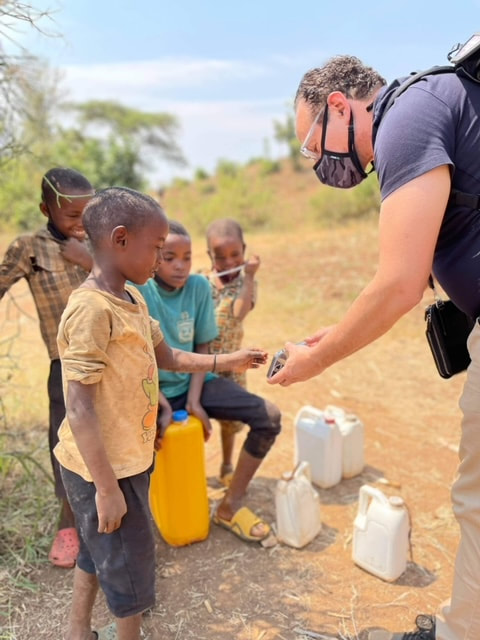
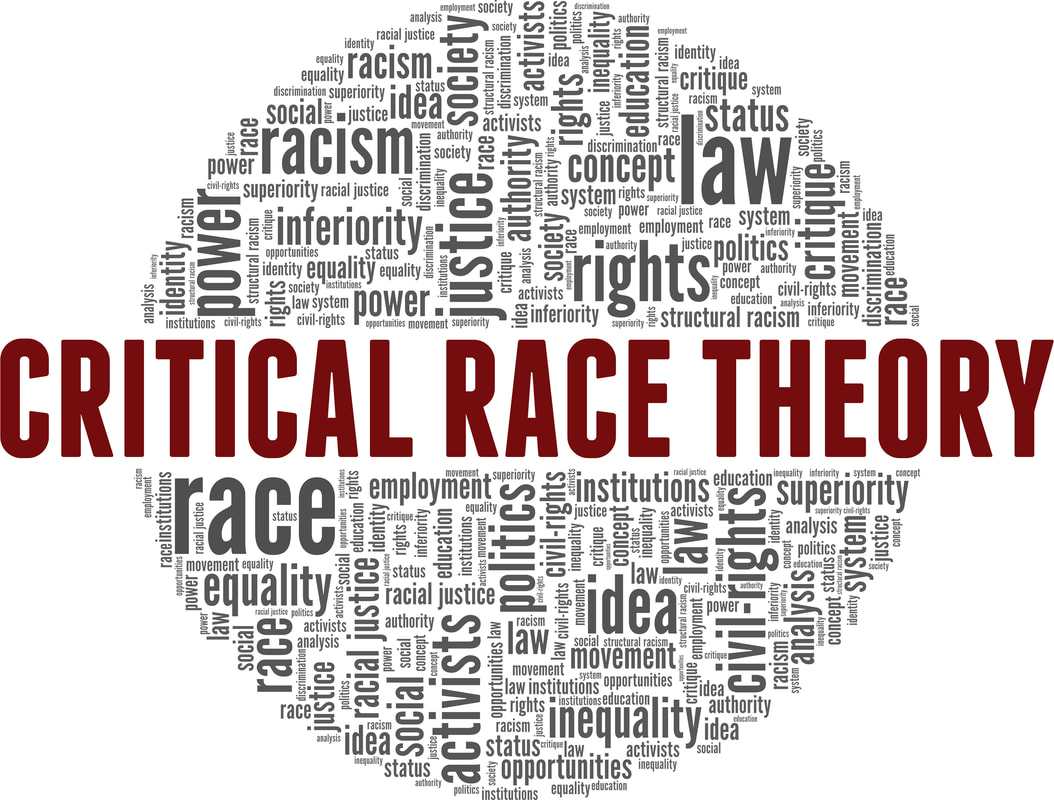


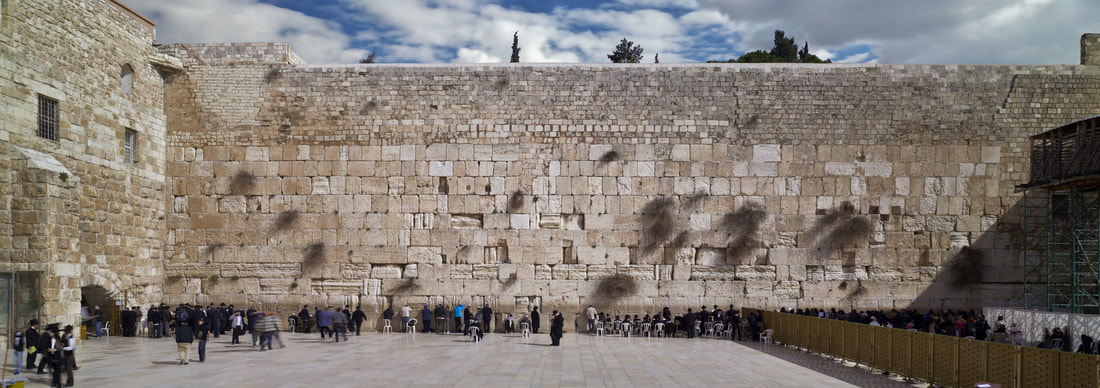




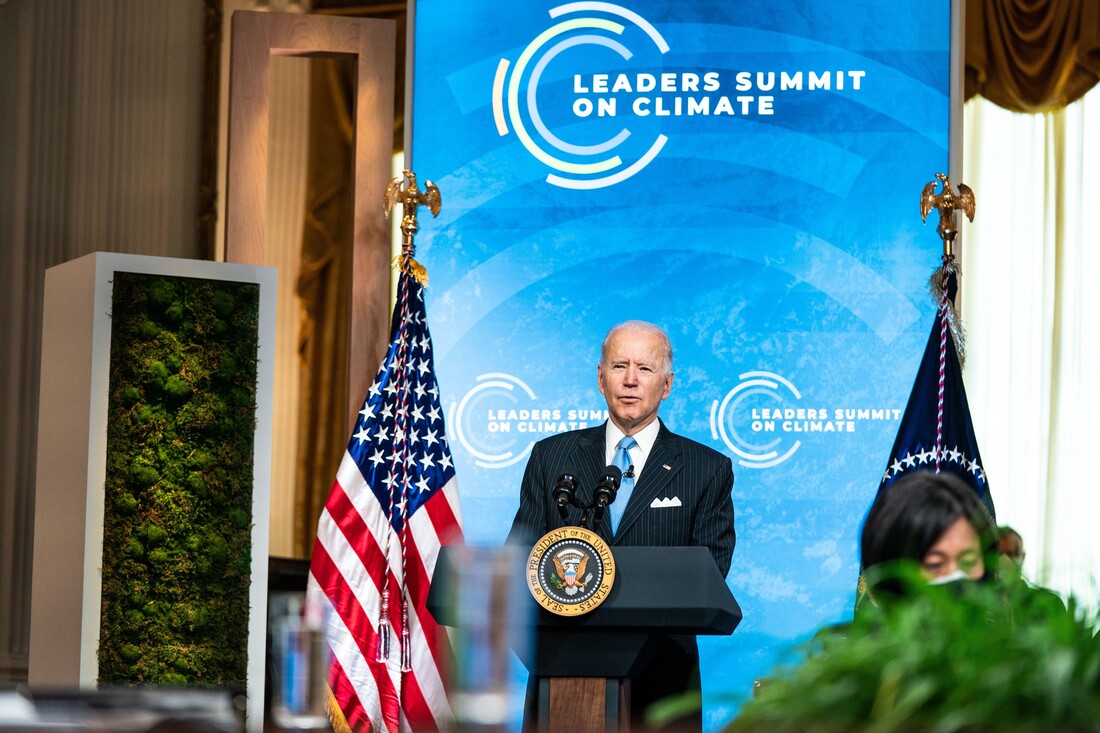

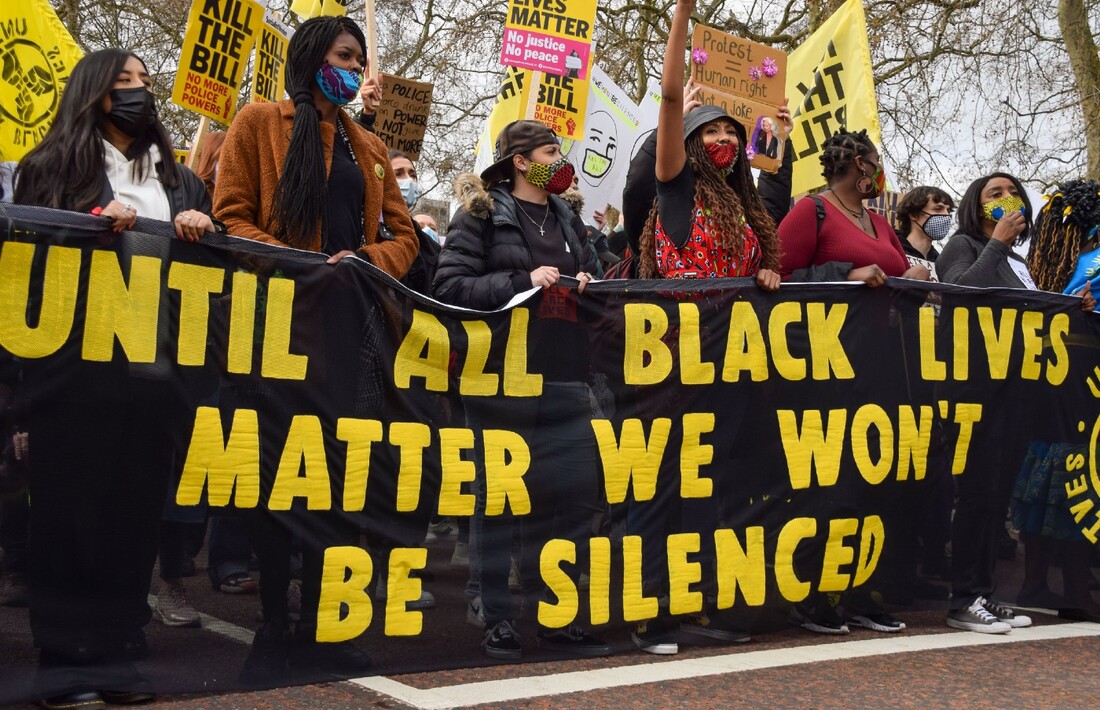

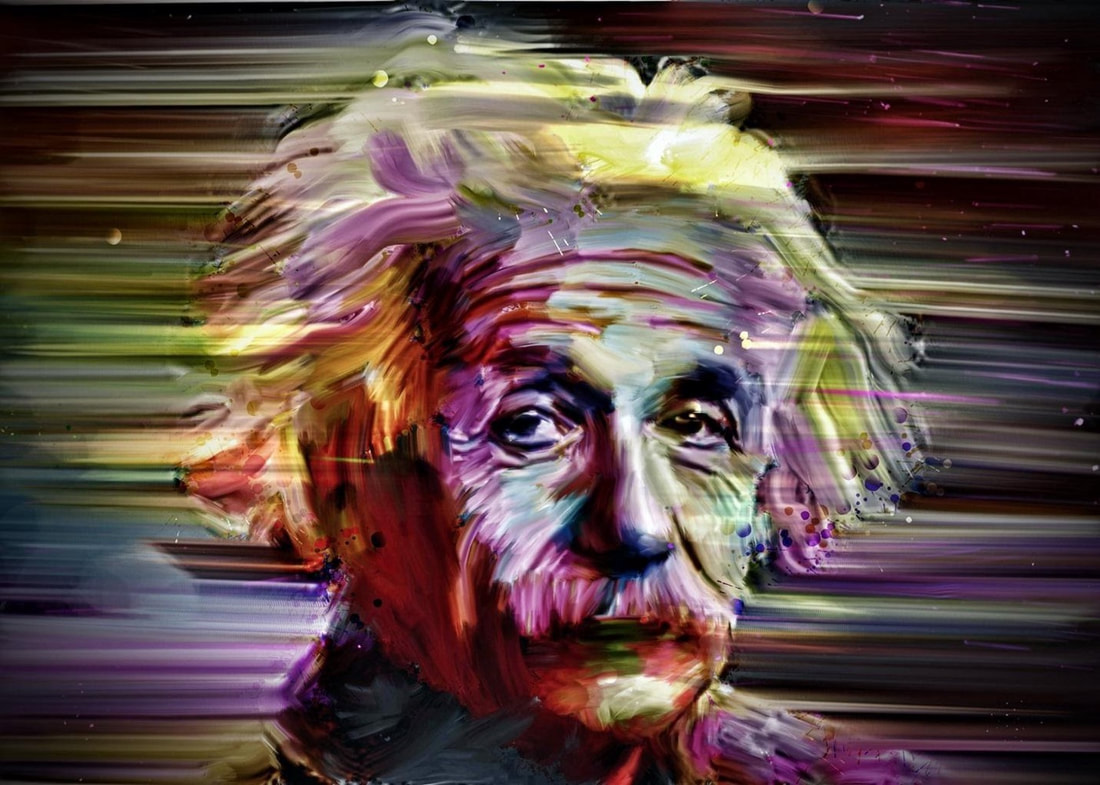

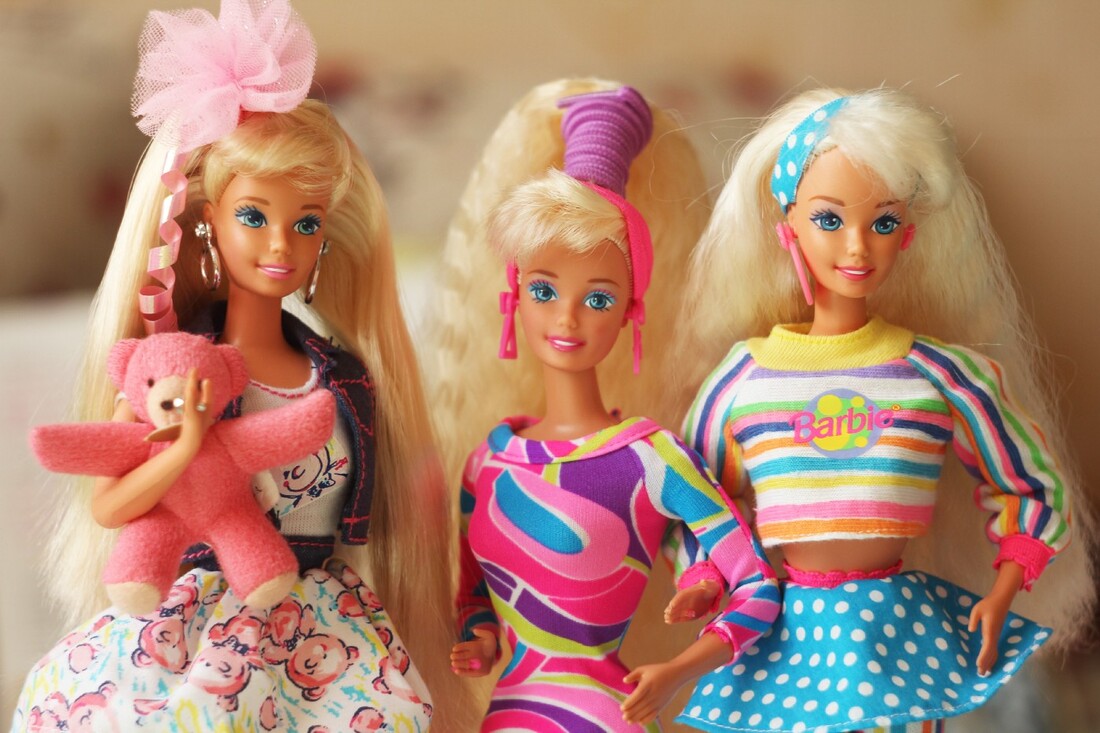
 RSS Feed
RSS Feed